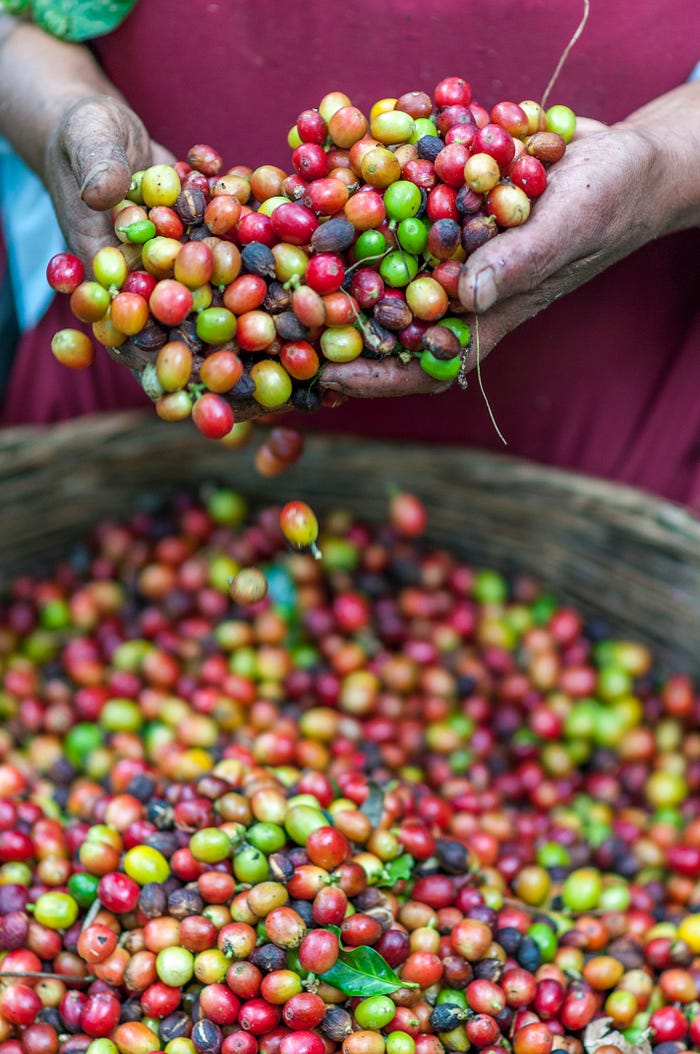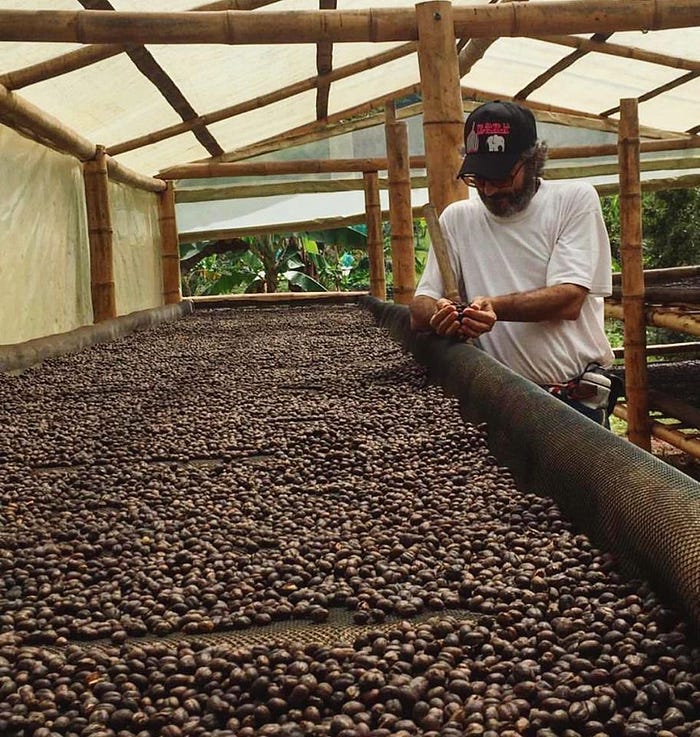Member-only story
What is ‘Direct Trade’ Coffee and Have We Outgrown ‘Fairtrade’?

For years now we’ve been so focused on whether the cup of coffee we’re drinking is ‘Fairtrade’ or not. Originally, the Fairtrade certification was set up to ensure a more fair wage for farmers, depending on them achieving certain environmental and social criteria. However, a common misconception is the promise of good quality coffee and just how ambitious the certification is.
The intentions are to assure Farmers, who pay for certification, are paid a minimum price; which can never fall below market/commodity level. The UK is the world’s largest market for Fairtrade products and there are more than 5000 products carrying the certification on our shelves. On the surface, it seems positive for developing countries, bringing more stability; but It’s fair to say there have been persistent critics of the well-known certification for a while. Arguments to say that they’ve exaggerated claims and priced out the poorest sector of producers.

Let’s work backwards with the traditional coffee supply chain and start with the coffee shop or restaurant. They’ll purchase beans from a roaster, who buy in green beans from either brokers and green buyers. So that…





